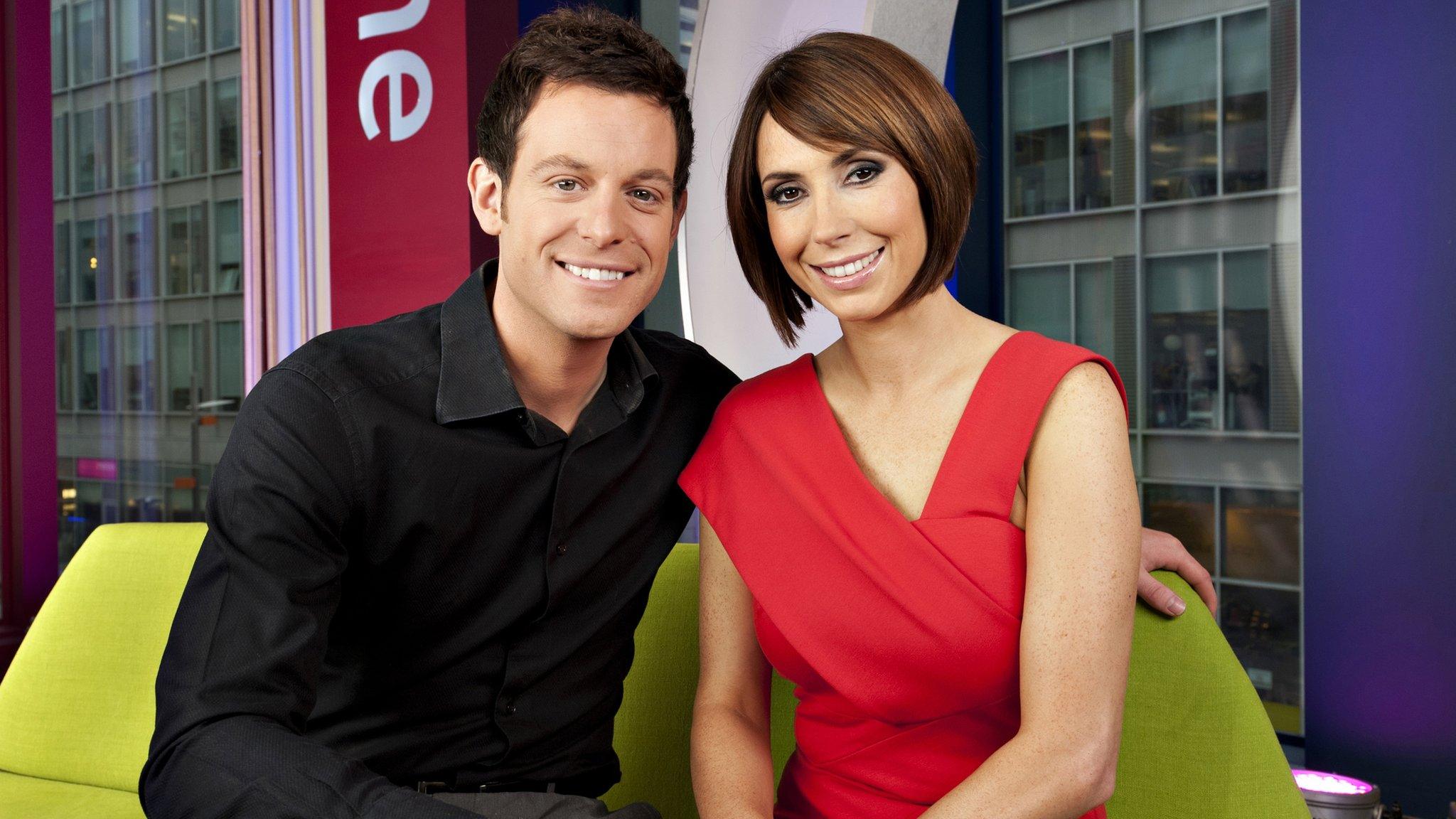Arts figures react to BBC plans
- Published
BBC director general Tony Hall has set out his vision for the BBC's arts coverage, calling it the "strongest commitment to the arts in a generation".
Tate boss Sir Nicholas Serota and the National Theatre's Sir Nicholas Hytner are among the big names from the the arts world who will work with the BBC to expand its cultural coverage.
There will be collaborations with the Hay Festival and Shakespeare's Globe theatre. BBC Four will screen The Duchess of Malfi, the first production at the Globe's recently opened Sam Wanamaker Playhouse, with Gemma Arterton in the lead role.
Other plans include an animated film by War Horse author Michael Morpurgo, a Northern Ballet version of Three Little Pigs for CBeebies and filmed versions of Shakespeare's Henry VI and Richard III plays.
Here are some reactions - positive and negative - from arts figures who attended Lord Hall's announcement in London on Tuesday.
Mark Ravenhill - playwright
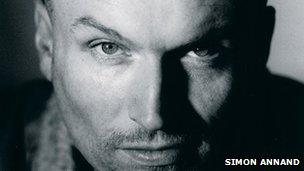
Mark Ravenhill is making a Radio 3 documentary about the 450th anniversary of Shakespeare's birth
On Lord Hall's announcement: "What's great about Tony is he is genuinely passionate about this. After having watched W1A last week, it was nice to hear the lack of jargon. You really feel as if there is a passionate man there who really cares about the arts and the whole nation's access to it."
On screening The Duchess of Malfi: "The danger of doing big landmark events is that you narrow the repertoire of plays or novels down to the ones that everybody's already heard of. The Duchess of Malfi isn't the world's most famous play. It think it's better than quite a lot of Shakespeare plays. So it's great that we're not just getting the most famous titles in the world."
Michael Morpurgo - children's author
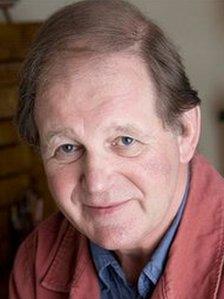
Michael Morpurgo's Mimi and the Mountain Dragon will be on BBC Two for Christmas 2015
On Lord Hall's arts plan: "This is to reinvigorate what's already there. I live in the countryside so I can say this - what he was doing was fertilizing the field. The seeds are already there. It's trying to get the plants to spring up.
"I thought it was very vital today, very aware, and full of energy. I'm very excited. It's wonderful to be an old git among all these young people."
On young audiences and the arts: "I think it's wonderful that work for young people is part of it. Unless we reach out to them, then the next generation aren't going to want it. A lot of what was said today is about reaching out to bring it to young children and older children.
"I think the word 'arts' doesn't help but they certainly have a hunger for music, story and for dance and drama. The moment you put them in touch with it you see that.
"The reason they engage is because it's live. For me that's so important. They feel part of a production."
Malorie Blackman - children's laureate
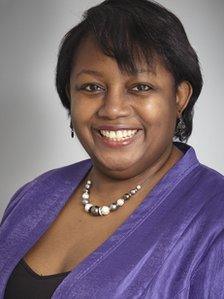
Malorie Blackman is Children's Laureate for 2013 to 2015
On overall plan: "I applaud Tony for what he is trying to do, as far as opening up the arts scene but felt he could have gone further."
On children and the arts: "I was disappointed there wasn't more emphasis on bringing younger children into the arts. I felt there were missed opportunities. There was a lot of talk about bringing Shakespeare plays to younger children which is brilliant. But what about doing contemporary equivalents?"
On cultural diversity: "I was also disappointed in the lack of black, Asian and minority ethnic (BAME) programming that was announced today. The BAME experience in art doesn't mean it's for a niche market.
"It's about these cultural strands of arts being open to everybody in the same way that, when I write my books, predominantly my protagonists are black, but they are for all children. I missed that message in what was said today. I hope it's in the pipeline."
Vicky Featherstone - Royal Court artistic director
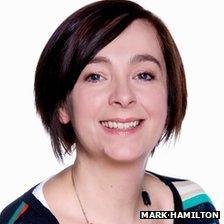
The Royal Court's Vicky Featherstone will join the BBC's think-tank of creative leaders
On being part of BBC's creative leadership team: "I feel very honoured to be part of this extraordinary moment. My role is going to be about gathering information and keeping connection with the world outside the BBC, asking questions and bringing them into the organisation."
On Lord Hall's vision: "I think it's amazing to stand up in front of this arts community and to lay out these points - because now he has to do them. Not that I would ever doubt him. He talks with such integrity.
"When Tony said he wants BBC Arts to be as well-known and successful as BBC News, it's an incredible aim and I feel this will be his legacy and we'll have supported him to do that."
On timescale: "I would think that within a year or two years, you'd be able to feel a real significant change about the way that arts are talked about - how it's being democratised but not dumbed down. I think we're on the edge of looking to the future now."
On putting plays on TV: "When the piece is right, it's an extraordinary thing for the writers and their work to be seen further afield. It's a brilliant new way of putting theatre to the audience."
Interviews by BBC arts correspondent Tim Masters
- Published25 March 2014
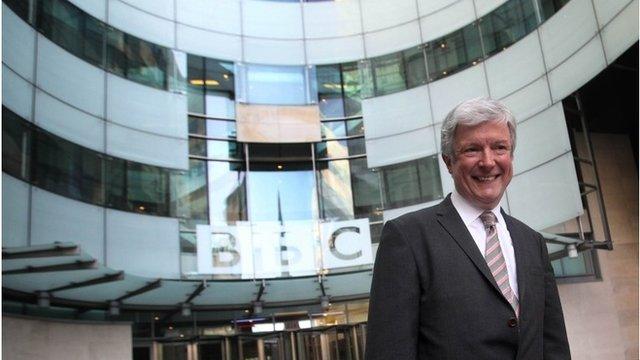
- Published25 March 2014
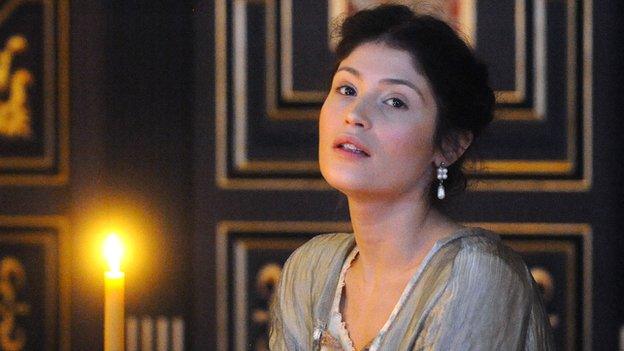
- Published23 March 2014
